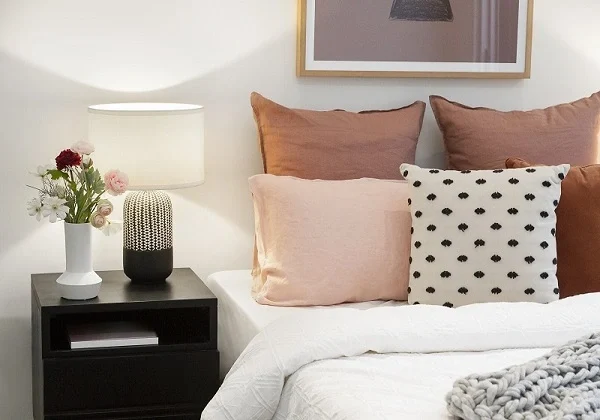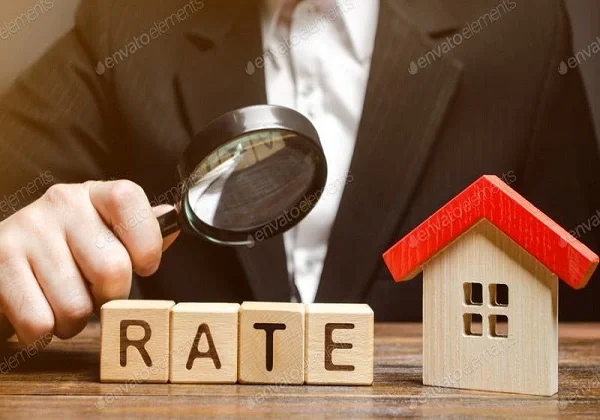What to Ask a Developer in the First Conversation?

Friends, family and colleagues might help you choose your next home by answering some of your queries, but the most important people who can help you with the right answers will be the sales team, the architect and the developer. The product knowledge that the developer team has is developed from market research, from the architect’s perspective and the interactions with existing and potential customers, and hence is complete in every sense.
Before you begin the home search and have the first conversation with any developer, have the answers to the below questions ready: What type of house you need? Which areas do you to want to live in? What size house do you need? How much liveable square-footage? How many bathrooms, bedrooms and parking spots? What’s your fixed budget? What is the minimum and maximum investment that you can manoeuvre between? What amenities are absolute must-haves? What will be some aspects of the house – for deal sealing and also deal breaking?, etc.
Besides the essentials, here are some questions that you should definitely ask the Developer/Builder when you first interact through a phone call or take a site tour –
RERA REGISTRATION NUMBER
Enquiring about the RERA details is important when looking at a housing project either for investing or living in. A RERA number indicates accountability, transparency, and commitment on the builder’s behalf. Registration under RERA is compulsory for any builder who wants to develop a residential or commercial property on land that is more than 500 sq. mt. or 8 apartments. As a first step, ask for the RERA registered number from the builder and search online on the RERA portal for all associated information about the project and the builder.
UNIT AREA
Understanding the area of a particular unit or house is the one of the very first things to know. Your preference for a 2BHK or 3BHK should be also governed by the actual area in square feet of the house. As you pay for every square foot, it is necessary to understand these areas quoted by the developer. For instance, the carpet area and super built-up area are separate dimensions that are important to be known correctly.
PROJECT DETAILS
As a thumb rule, ask the basic details of the project before entering into a deeper conversation. The total project area, the specific location on the map, project possession date, the present stage of construction, the master plan, the locality, phase-wise development, number of phases and buildings, the orientation and placement of the buildings vis-à-vis the common areas, the number of floors and apartments on every floor, the planned amenities and their completion dates, parking footprint, future developments, the cost per sq.ft., the total cost for the standard size apartments, liasoning clearances, etc. Once these parameters are known, map them against your specific requirements and go ahead with a particular project that suits your preference and lifestyle the most.
NEIGHBOURHOOD
Once you have evaluated the basics, do ask specific questions about the locality. For example, apart from the generic questions about proximity, connectivity, daily essentials etc., probe about the very specific questions related to the locality. For example, if your online research raises questions about frequent power cuts in the area or the disturbance from slums nearby or several break-in cases lately, ask the developer clear questions regarding the same. Enquire how the local constraints have been resolved or taken care of.
RENTAL YIELD
Rental yield offers a valuable indication of whether a property is likely to be lucrative. Knowing the ballpark rental yield of your property should be an important factor in your home buying decision. Both the values, the resale and the rental yield, are important dynamics to gauge the future appreciation of the property. For instance, the higher the rental yield of a property, the better will be the income earned from it, and also the higher the popularity of the asset will be in the resale and investor market.
APPRECIATION TREND AND FUTURE DEVELOPMENTS
Ask the builder for a historical trend analysis and future appreciation prediction analysis to understand more about the RoI you can expect on the asset, in quantitative terms. The end objective for most home buyers is getting good returns, either through resale or rent. Thus, do not disregard this part, even if you plan to invest in the property only for direct use.
Be it a cold call or a call-back to an enquiry you generated, always make sure you set the expectations right for the developer team. It is at this primary stage, that most weeding out will be done in terms of properties that are relevant and those that are completely inappropriate. Remember, when you are on your home buying journey, no question is a silly question. Treat your house as an once-in-a-lifetime investment and ask as many questions as important to you and your family at the time of the first interaction and all subsequent interventions.



Ask a Question